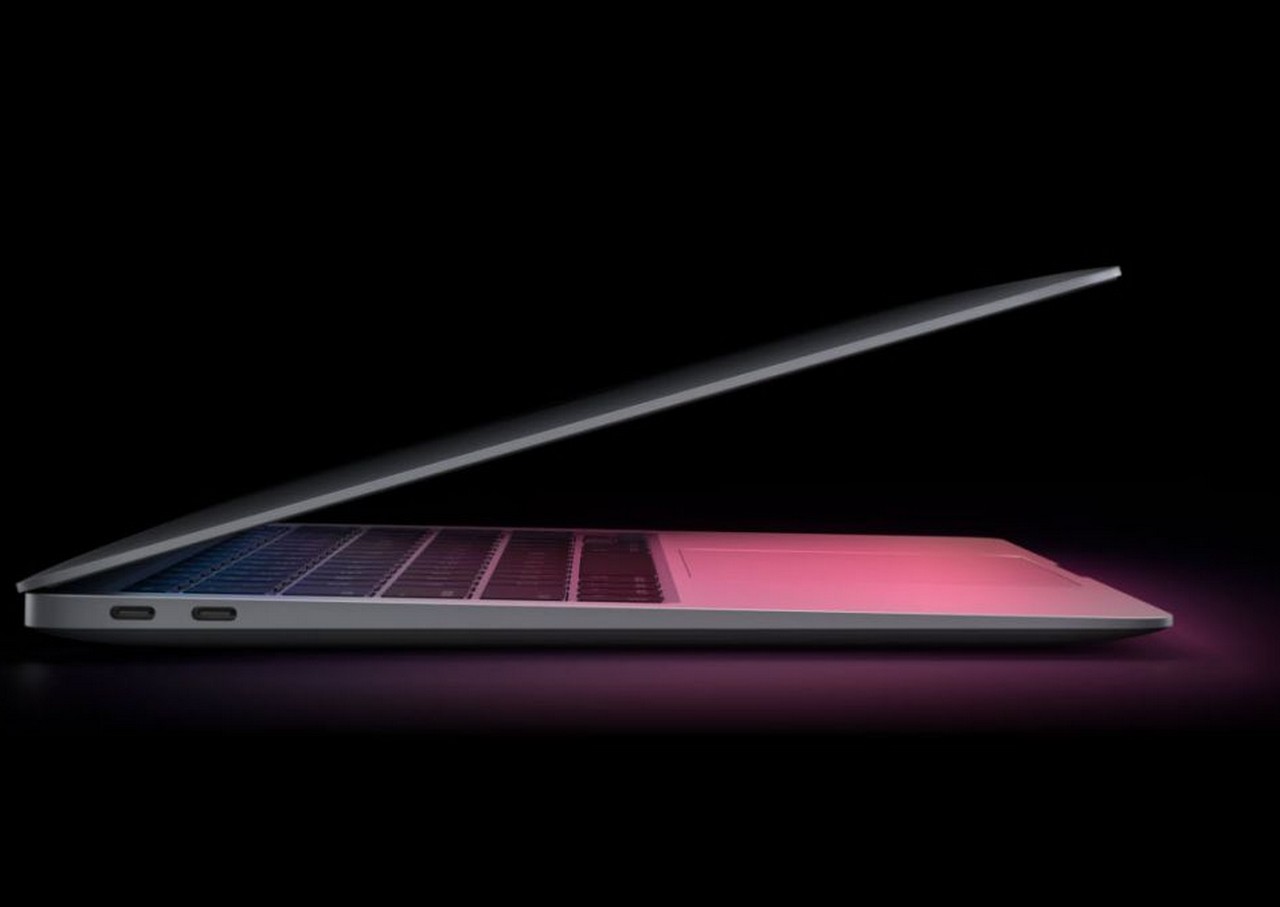Whereas information round normal PC gross sales has been moderately bleak of late, there was one part of the market that is bucking the downward development, and really growing: Arm-based laptops.
As Toms {Hardware} experiences (opens in new tab), gross sales of Arm-based laptops not solely elevated final yr however are anticipated to rise once more this yr as nicely.
It is a exceptional change in fortunes, because the laptop computer market had primarily been dominated by units powered by Intel (and to a lesser extent, AMD) {hardware}, significantly processors. Previously, there have been makes an attempt to launch laptops working a specially-designed model of Home windows, often called Home windows on ARM (and typically Home windows on Snapdragon), and Arm-based structure.
Arm System on Chips (SoCs) have been primarily utilized in cell units akin to smartphones and tablets, and the concept for these early Arm-based laptops was that they’d deliver a few of the advantages of these units, akin to lengthy battery lives and virtually on the spot boot instances, to laptops.
Nevertheless, that didn’t go in accordance with plan.
Principally Armless
The issue with Arm-based Home windows laptops, in these early days, no less than, was that whereas they did present some of these options, particularly lengthy battery life, they have been hampered by poor efficiency, dismal software program assist (many apps didn’t have Arm compatibility), and excessive worth tags.
It led to Arm-based laptops being dismissed by many individuals for a very long time. There have been some vibrant spots, after all. Most of the finest Chromebooks use Arm processors, and people common laptops confirmed it was attainable to create glorious units utilizing the {hardware}.
Nevertheless, Chrome OS, which Chromebooks run, is an working system that has been designed to be as light-weight as attainable, with apps (together with Android apps), which have Arm compatibility.
For individuals wanting a extra versatile and strong working system, Arm-based laptops remained unviable.
Enter Apple
Whereas Microsoft’s makes an attempt to get Home windows laptops working on Arm {hardware} faltered, Apple got here alongside and made it look simple.
In 2020, the corporate launched its M1 chip – an Arm-based SoC that debuted with the MacBook Air (M1, 2020), which remains to be probably the greatest laptops you should purchase, in my view – and the MacBook Professional 13-inch (M1, 2020).
Swiftly, the potential of Arm-based laptops was realized. There have been highly effective laptops that outclassed the earlier Intel-based fashions, whereas dramatically extending battery lives. Crucially, they ran the total macOS working system, and Apple made certain that main apps have been both M1 suitable, or might run through a compatibility layer utilizing the Rosetta 2 instrument.
Most of the criticisms of Home windows on Arm laptops, and even Chromebooks, couldn’t be leveled at these new MacBooks. Efficiency was on par or exceeded Intel and AMD chips, you may run a full-featured working system with all your favourite apps, and costs weren’t extortionate. Apple is rarely going to launch a price range laptop computer, however these M1 machines launched on the similar worth because the earlier fashions.
As a rising tide lifts all boats, Apple’s success with its M1 MacBooks has meant your complete Arm laptop computer market has grown, with a report from Counterpoint Analysis (opens in new tab) exhibiting that market share grew from 11% in 2021 to 13% in 2022, and it’s anticipated to hit 15% this yr.
The dimensions of Apple’s influence on the Arm laptop computer market is fairly clear, with Apple taking an enormous 90% share in opposition to extra established Arm chip makers MediaTek and Qualcomm.
New laptops, working both Home windows or Chrome OS, and based mostly on MediaTek and Qualcomm {hardware}, are additionally coming this yr, which together with Apple’s new M2, M2 Professional, and M2 Max chips, present in a brand new batch of current MacBooks, has made Counterpoint Analysis assured in predicting the Arm laptop computer market share will proceed to rise over the following few years, reaching 25% by 2027. That’s actually bold, and it might imply that Arm-based laptop computer gross sales would overtake AMD-based laptops, however not like just a few years in the past, I can really see this taking place.
What does this imply for Home windows, Intel and AMD?
Regardless of Apple’s clear dominance over the Arm market, adopted up by Chromebooks, this does signify a possibility for Home windows on Arm units as nicely. The stigma over Arm units has primarily evaporated due to Apple’s successes, and whereas I’m typically hesitant to recommend Microsoft copies Apple, I’m going to do it right here: Microsoft! Copy Apple!
Particularly, ensure that there’s a rising library of Home windows functions and software program which can be suitable with Arm units. If app builders are hesitant, then provide you with an answer that works in addition to Apple’s Rosetta 2. Mainly, individuals want to have the ability to choose up a Home windows on Arm laptop computer and run all of their favourite apps.
Laptop computer makers akin to Dell, HP, and Lenovo will certainly be watching this rising market and need to get in on it. Hopefully, we’ll see a rise in laptops utilizing the most recent tech from MediaTek and Qualcomm from these manufacturers. The extra selection, the higher, particularly as regardless of loving the M1 and M2 MacBooks, I don’t need to see Apple (or any firm) have such dominance over a market.
For Intel and AMD, this progress is extra regarding. Laptops have by no means felt like they have been a precedence for AMD, nevertheless it’d nonetheless sting if Arm laptop computer gross sales overtook its personal by 2027. As for Intel, it can nonetheless have a wholesome market lead, nevertheless it gained’t be snug dropping market share to rivals. Each firms will should be extra aggressive, providing comparable perks to Arm, particularly on the subject of battery life.
To be truthful to each, particularly Intel, the businesses have just lately been placing a better emphasis on enhancing effectivity, and due to this fact prolonging laptop computer battery life, which stays one of many greatest issues prospects have. Intel’s newest processors even use a mixture of effectivity cores and efficiency cores which have been part of Arm structure for some time now.
So no matter platform, I believe the expansion of Arm laptops is nothing however a great factor. Might I someday discover an Arm-based Home windows laptop computer that I’d really need to use? Stranger issues have occurred.







